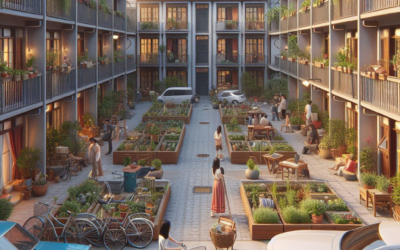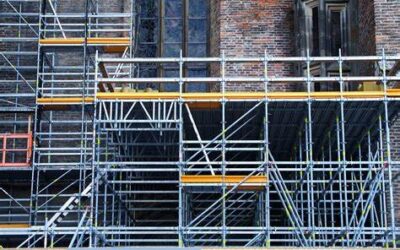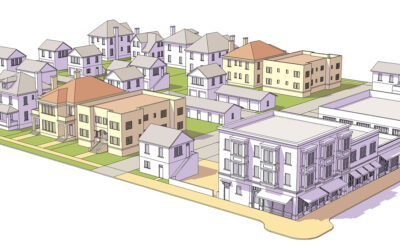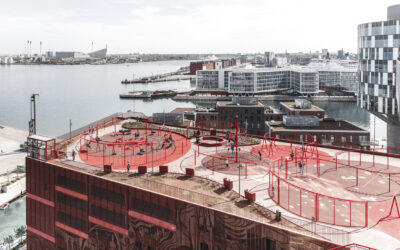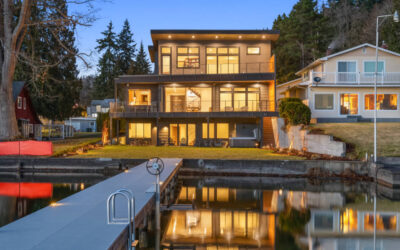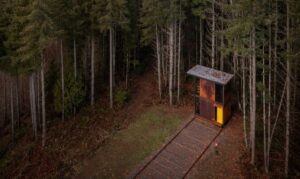
Detached building by Olson Kundig named Maxon Railway. This building is one the showcases the creative potential for ADU buildings.
As the year comes to a close, many are looking toward the future and what the best viable path is. If you are planning to retire soon, you may be wondering where to live and how to make the most of your savings. One option that is becoming increasingly popular is to build an accessory dwelling unit on your property or buy one in your favorite neighborhood.
An ADU is a small, self-contained living space that can be attached or detached from a main house. It can be used as a rental unit, a guest house, a home office, or a place for aging parents or adult children to live. ADUs offer many benefits for retirees, such as:
– Extra income: You can rent out your ADU to generate passive income that can supplement your retirement income. Depending on the location and size of your ADU, you can charge anywhere from a few hundred to a few thousand dollars per month. This can help you cover your mortgage, property taxes, utilities, and maintenance costs.
– Flexibility: You can design your ADU to suit your needs and preferences. You can choose the layout, style, features, and amenities that you want. You can also decide whether to have it attached or detached from your main house, depending on how much privacy and independence you want.
– Accessibility: You can make your ADU more accessible and comfortable for yourself and your guests. You can install ramps, grab bars, wider doors, lower countertops, and other modifications that can make it easier to move around and perform daily tasks. You can also have it closer to your main house or the street, so you don’t have to walk too far or climb too many stairs.
– Community: You can stay connected with your family, friends, and neighbors by having an ADU on your property or in your neighborhood. You can invite them over for visits, meals, or activities. You can also interact with your tenants or guests if you rent out your ADU. This can help you avoid social isolation and loneliness, which are common problems for many retirees.
– Sustainability: You can reduce your environmental impact by living in an ADU. ADUs are typically smaller and more energy-efficient than conventional houses. They use less water, electricity, gas, and materials. They also reduce urban sprawl and car dependency by increasing the density and diversity of housing options in existing neighborhoods.
As you can see, ADUs are a great option for retirement. They can help you save money, live comfortably, stay connected, and protect the environment. If you are interested in building or buying an ADU, you should check the local zoning regulations, building codes, and permitting requirements in your area. You should also consult with a professional contractor, architect, or realtor who can help you plan and execute your project.
To learn more about the Maxon Railway project here in Washington, check out this interesting article from Dwell.

